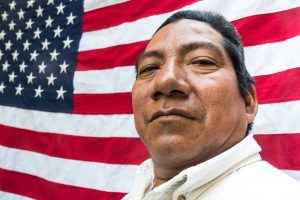Cancer is a condition protected by the Americans with Disabilities Act, a federal law which offers certain protections against employer discrimination. If you’re fired after being diagnosed with cancer in Los Angeles, our employment lawyers are available to help answer your questions and determine your next step. 
Recently, a case of cancer discrimination was reported on by the Fresno Bee, which describes how a land acquisition and development firm is being sued by a former employee who says he was fired from the firm after a cancer diagnosis. The worker alleges he was discriminated against on the basis of his medical condition when he applied for a post at one of the company’s subsidiaries. Soon thereafter, he was fired from the job he held prior to receiving his diagnosis. Now, he alleges disability discrimination, failure to provide reasonable accommodation, wrongful termination, violation of state labor laws, and violation of his rights under the California Family Rights Act.
Plaintiff reportedly started working for the company in 2017 as a maintenance lead technician. He was diagnosed with cancer in the spring of 2021, at which time he began undergoing chemotherapy, radiation, and surgery. His condition required that he be under the constant supervision of his doctors. Accommodations were initially made for him to take a leave of absence to undergo treatment. During that leave, he applied for a managerial position, for which he believed he was qualified and would have required less physically intensive work. Despite landing a phone interview for the role, his employer never actually called on the day of the interview. Plaintiff speculated this was because of his medical condition.
Per FMLA, plaintiff was eligible for medical leave until end of October 2021, but prior to that, his doctor extended his medical leave through the end of the year. The following month, his employer terminated him, effective mid-October. When he sought a meeting with his supervisors, he was told that he had to be fired, but that if circumstances changed, he *might* be able to be rehired.
The employer is seeking to have the matter resolved via arbitration. Continue Reading ›
 Orange County Employment Lawyers Blog
Orange County Employment Lawyers Blog

















